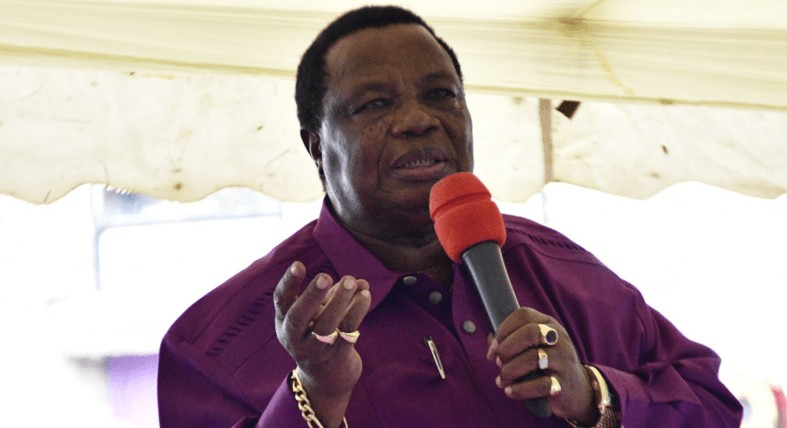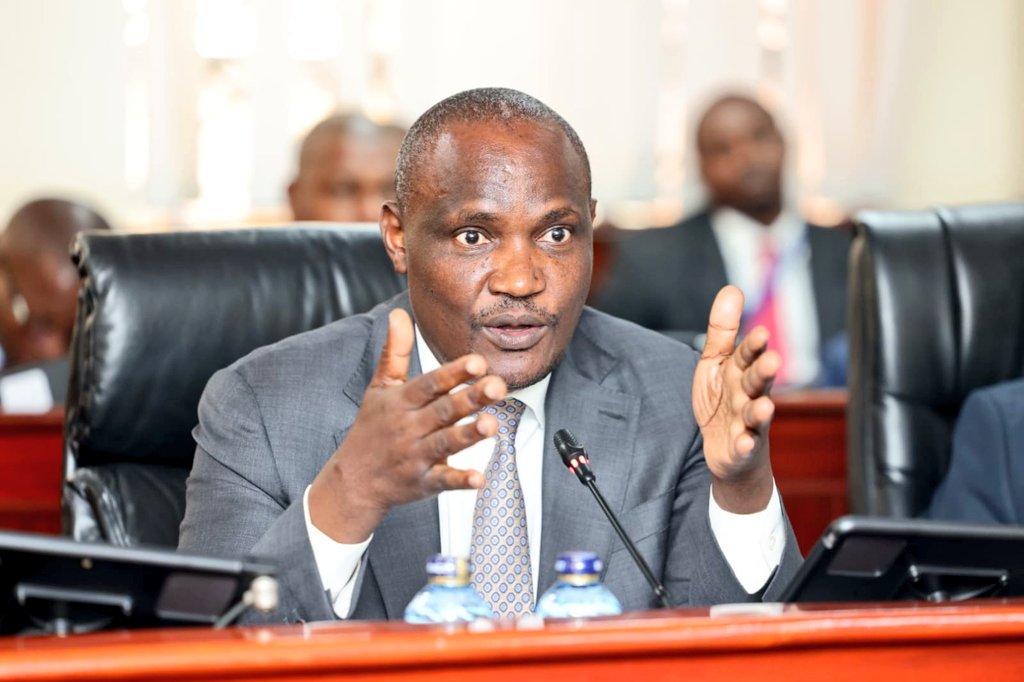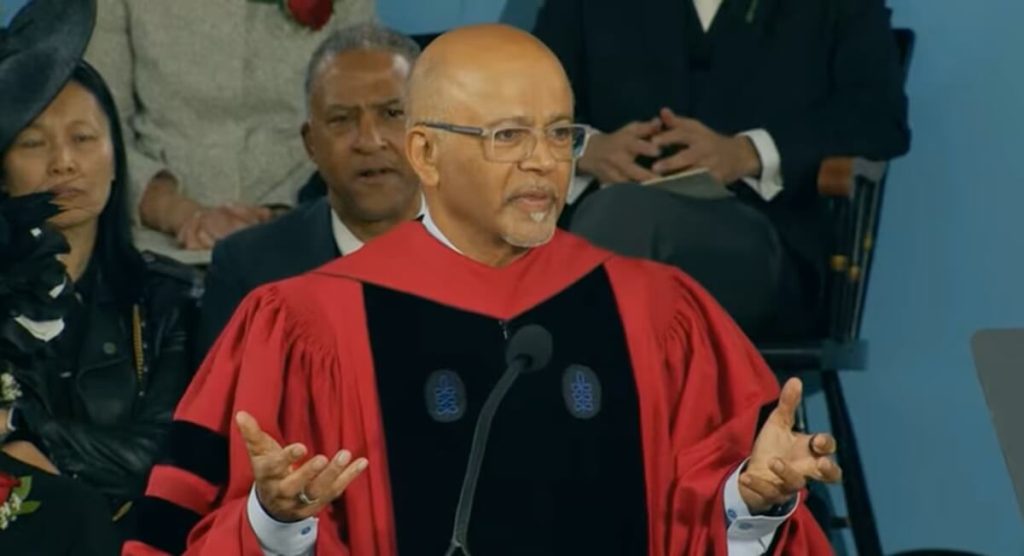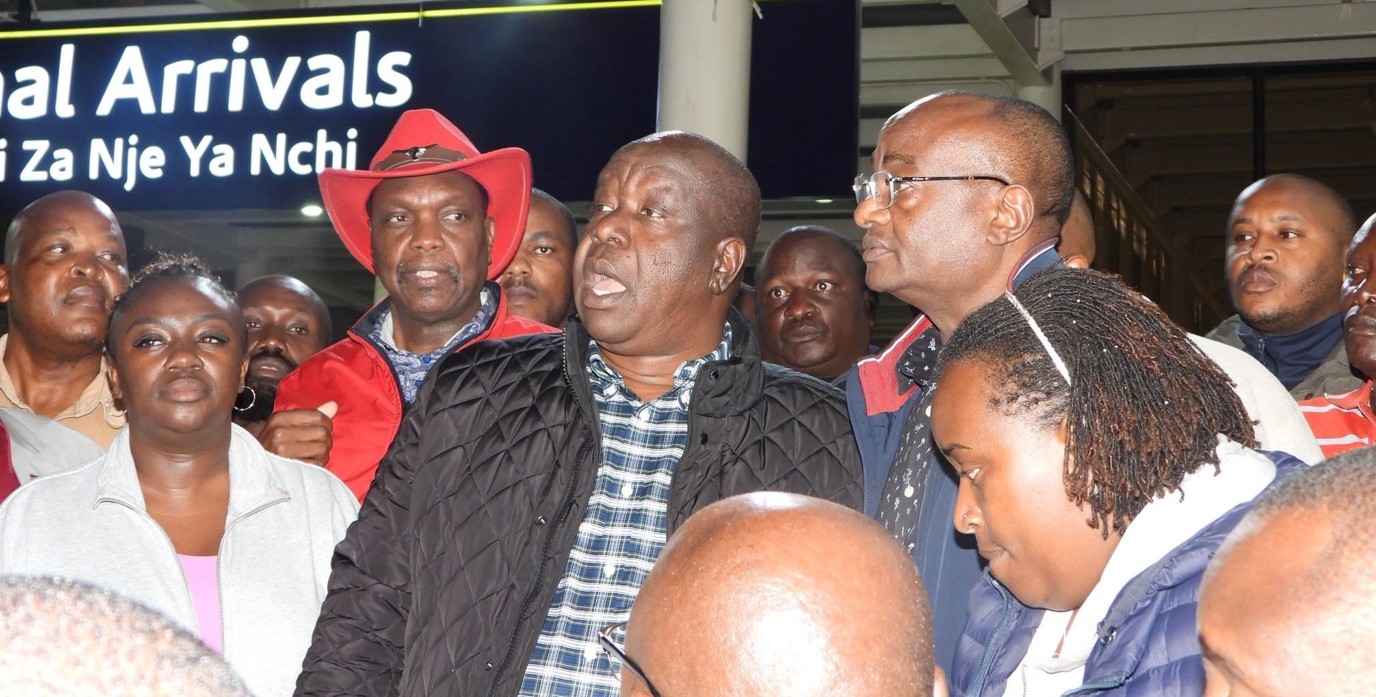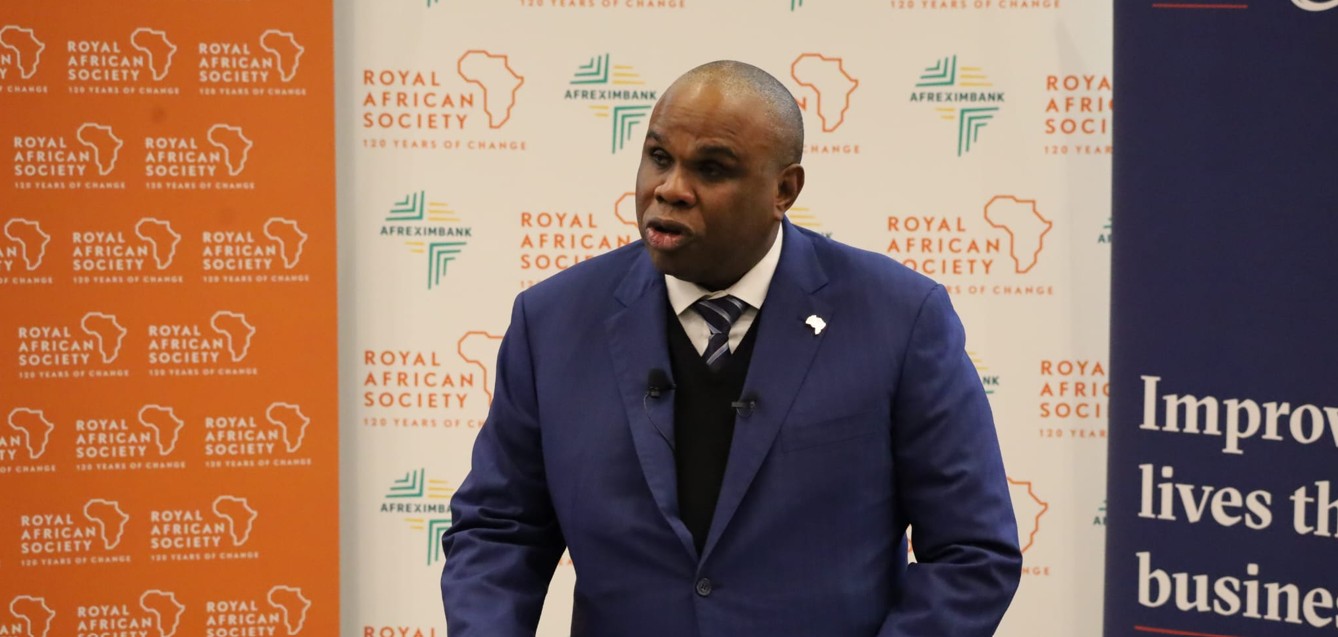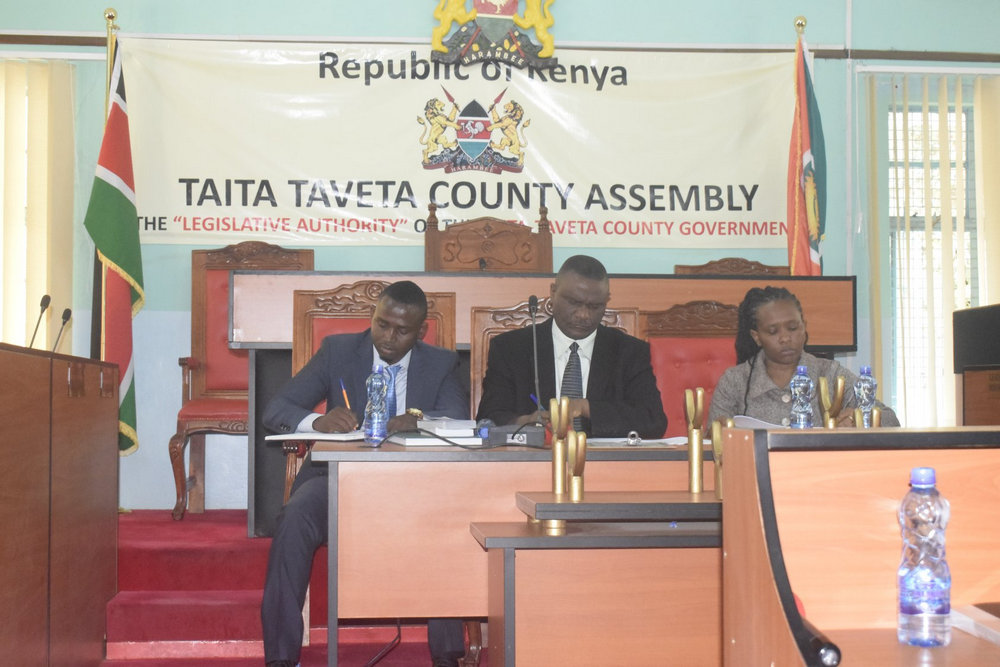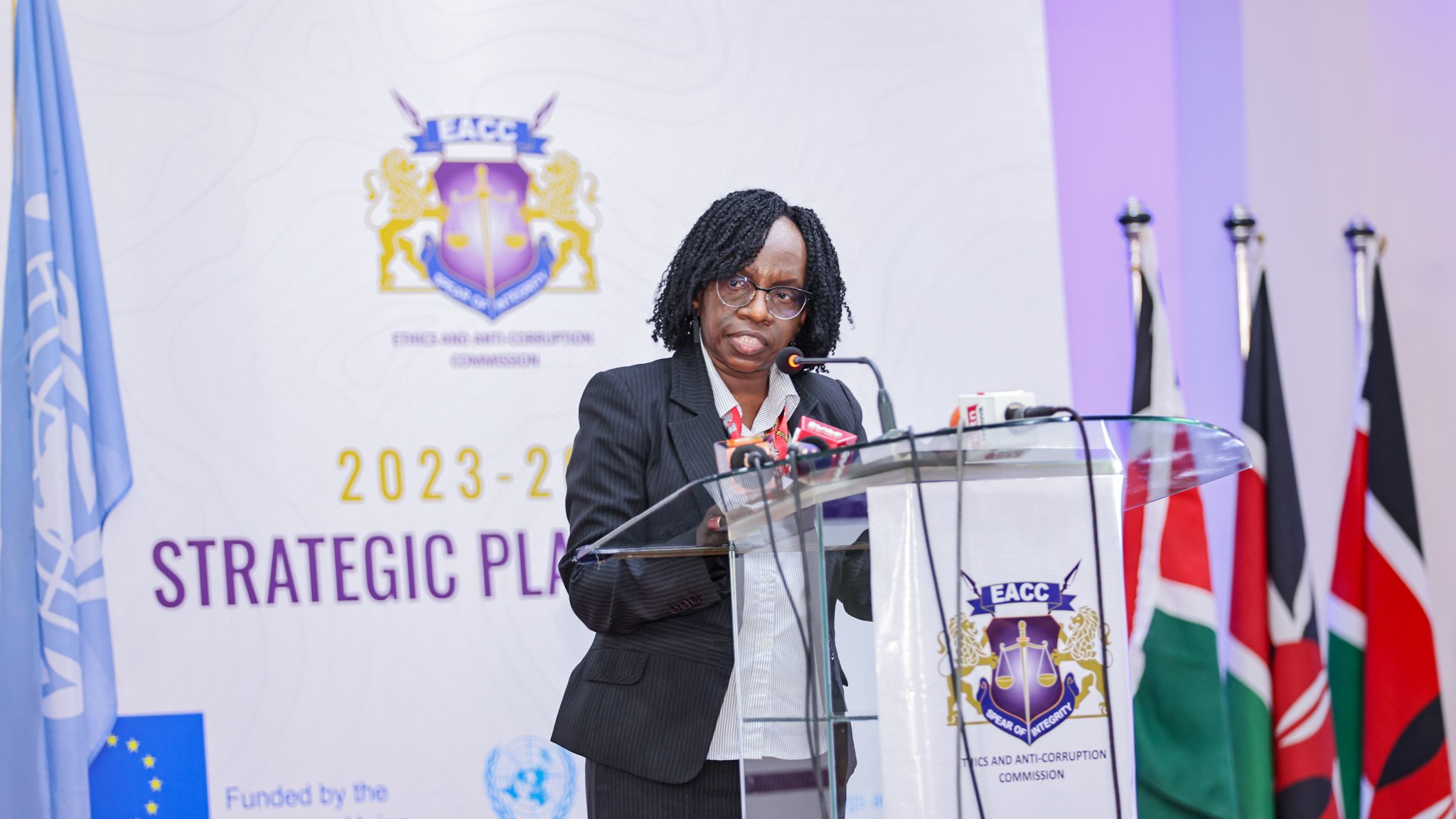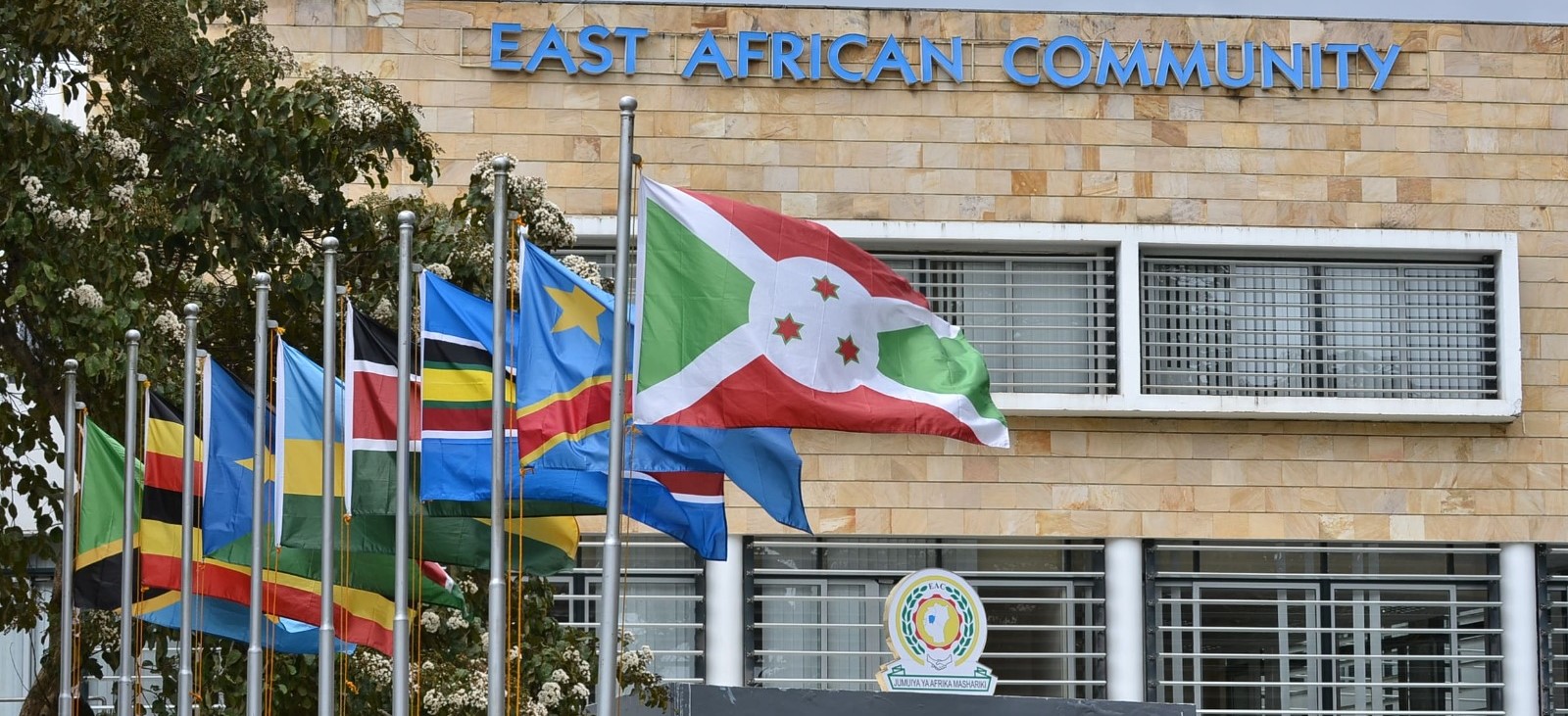Sakaja names committee to drive Nairobi’s affordable housing plan

These appointments are in line with Section 34 of the Affordable Housing Act, 2024, which requires county governments to form housing committees to help implement the national housing agenda at the local level.
Nairobi Governor Johnson Sakaja has appointed a new team to lead the implementation of affordable housing in the city, following the recently enacted Affordable Housing Act, 2024.
In a gazette notice dated May 7, Sakaja named six individuals to the County Rural and Affordable Housing Committee, which will oversee the coordination and delivery of low-cost housing programmes in Nairobi.
More To Read
- Nairobi County seeks court nod to auction clamped properties over unpaid land rates
- Court declines bid to halt Nairobi’s Green Army initiative amid labour rights petition
- Kenyans warned of rent hikes, stalled housing if Finance Bill 2025 taxes pass unchanged
- Kangemi residents move to court to stop eviction for affordable housing project
- City residents seek Sakaja’s attention over shrinking parking spaces amid fears of land grabbing
- IGAD raises alarm over rising migration and urban strain in the Horn of Africa
“I, Sakaja Arthur Johnson, Governor, Nairobi City County, appoint the following persons as members of the County Rural and Affordable Housing Committee,” the notice reads.
Chris Abuga will serve as the Non-Executive Chairperson of the committee, while Patrick Mbogo, the County Executive Committee Member in charge of housing, will be a member by virtue of his position.
The team also includes Samuel Ouma Oloo, representing a registered traders’ association in the county, and Grace Wairimu Ngugi, representing registered residential associations. Rose Ogonga was named to represent the public residing within Nairobi County, while Lydia Mathia, the Chief Officer responsible for housing, was appointed Secretary to the committee.
These appointments are in line with Section 34 of the Affordable Housing Act, 2024, which requires county governments to form housing committees to help implement the national housing agenda at the local level.
The County Rural and Urban Affordable Housing Committee is established in each county to work with the Affordable Housing Board to develop affordable housing frameworks. It also advises the county governor on housing programmes and prepares both five-year and annual housing investment plans.
With Nairobi’s rapidly growing population, the demand for affordable housing has increased significantly. To address this, City Hall has identified nine estates for an urban renewal programme: Bahati, Maringo, Jericho, Lumumba, Ziwani, Bondeni, Kariobangi, Embakasi, and Woodley.
Governor Sakaja said the initiative aims to reduce the shortage of affordable rental houses in the city.
“Nairobi’s population has grown over the years, thus increasing the demand for housing. We have a shortage. More so, a good per cent of the residents of this city are unemployed or low-income earners and thus cannot access decent, affordable housing,” he said.
Currently, Nairobi has only 16,453 social housing units spread across more than 32 estates.
Top Stories Today
